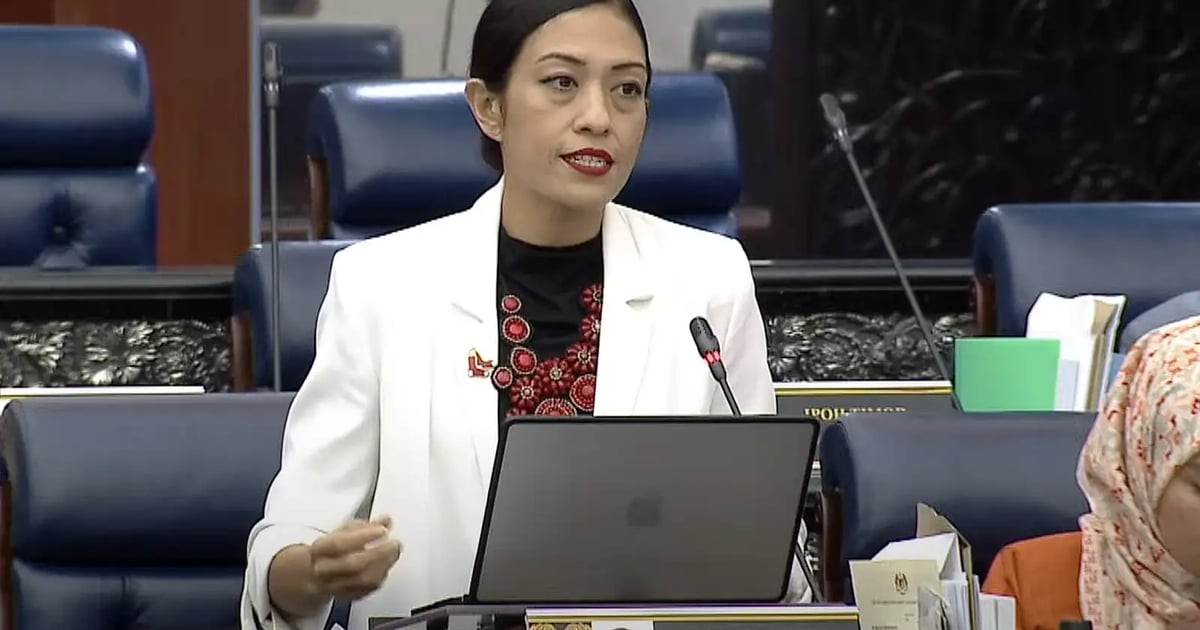
A government MP has called for stronger institutional and financial support for the creative industry, urging the government to emulate countries such as South Korea that have built global influence through cultural exports.
Syerleena Abdul Rashid (PH-Bukit Bendera) said Malaysian artistes were still forced to plead for what should be rightfully theirs.
“This is not just about entertainment, this is about our national narrative, cultural identity, and economic future,” she said during the debate on the 13th Malaysia Plan in the Dewan Rakyat today.
Syerleena cited the case of comedian Amir Raja Lawak, who had to publicly appeal to a local broadcaster for RM18,000 in overdue payments to fund his father’s cancer treatment.
“This is a matter of life and death. Why should someone who has entertained us for years have to beg on social media?” she said.
She said the incident reflected broader structural issues in the local arts ecosystem, where many creative people lacked formal protection under the Employees Provident Fund and Social Security Organisation, as well as fair payment terms.
“Musicians are paid with ‘exposure’, writers are sidelined, and independent filmmakers face biased screening policies. Yet we call them our cultural heritage,” she said.
Syerleena pointed to examples abroad, including South Korea‘s K-pop and K-drama industries, and Thailand’s tourism boom following an HBO series, saying such outcomes were driven by strategic government policies.
“South Korea didn’t achieve the Korean wave by chance. These are deliberate strategies. What is Malaysia’s plan?” she said.
She called for incentives to attract international artistes and productions, while urging the government to prioritise protection for local creative people, enforce timely payments, and support grassroots infrastructure.
Earlier, Malaysiakini reported that Selangor menteri besar Amirudin Shari had also pushed for greater government backing for the creative sector under the 13MP, saying it must be elevated to global standards.
Amirudin (PH-Gombak) told the Dewan Rakyat that countries such as South Korea invested heavily in content development and adopted structured policies to build cultural influence.
He also cited South Korea’s 2011 Masterplan for the Promotion of the Content Industry, noting that Malaysia lacked a comparable roadmap for the creative sector.






